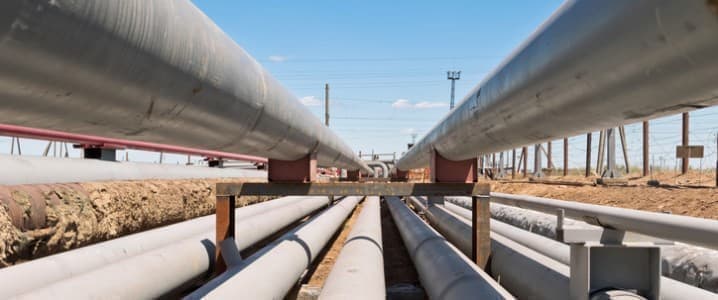Oil & Gas
NATURAL GAS PRICES PLUMMET AS ETFS STRUGGLE, BRENT CRUDE TOPS $90 AMID MIDDLE EAST TENSIONS.
Irene Jerry

Exchange-traded funds (ETFs) are investment funds that are traded on stock exchanges, much like stocks. An ETF holds assets such as stocks, commodities, or bonds and generally operates with an arbitrage mechanism designed to keep the trading close to its net asset value, though deviations can occasionally occur.
ETFs offer investors a way to pool their money in a fund that invests in a diversified portfolio of assets. This provides investors with the benefits of diversification and professional management, similar to mutual funds, but with the added flexibility of trading throughout the day on an exchange at market prices.
ETFs can track a wide range of assets and investment strategies. Some ETFs track broad market indexes like the S&P 500, while others focus on specific sectors, industries, commodities, or geographic regions. There are also ETFs that use leverage to amplify returns or that are designed to profit from the inverse of the performance of an underlying index or asset.
One of the key advantages of ETFs is their liquidity. Since they trade on exchanges, ETFs can be bought and sold throughout the trading day at market prices, unlike mutual funds, which are only traded at the end of the trading day at their net asset value. This liquidity can make ETFs attractive to investors who want to be able to quickly enter or exit their positions.
ETFs also tend to have lower expense ratios compared to mutual funds, making them a cost-effective investment option for many investors. However, investors should be aware that trading ETFs incurs brokerage fees, which can add to the overall cost of investing in these funds.
Overall, ETFs have become increasingly popular among investors due to their flexibility, liquidity, and cost-effectiveness, offering a convenient way to gain exposure to a wide range of assets and investment strategies.
